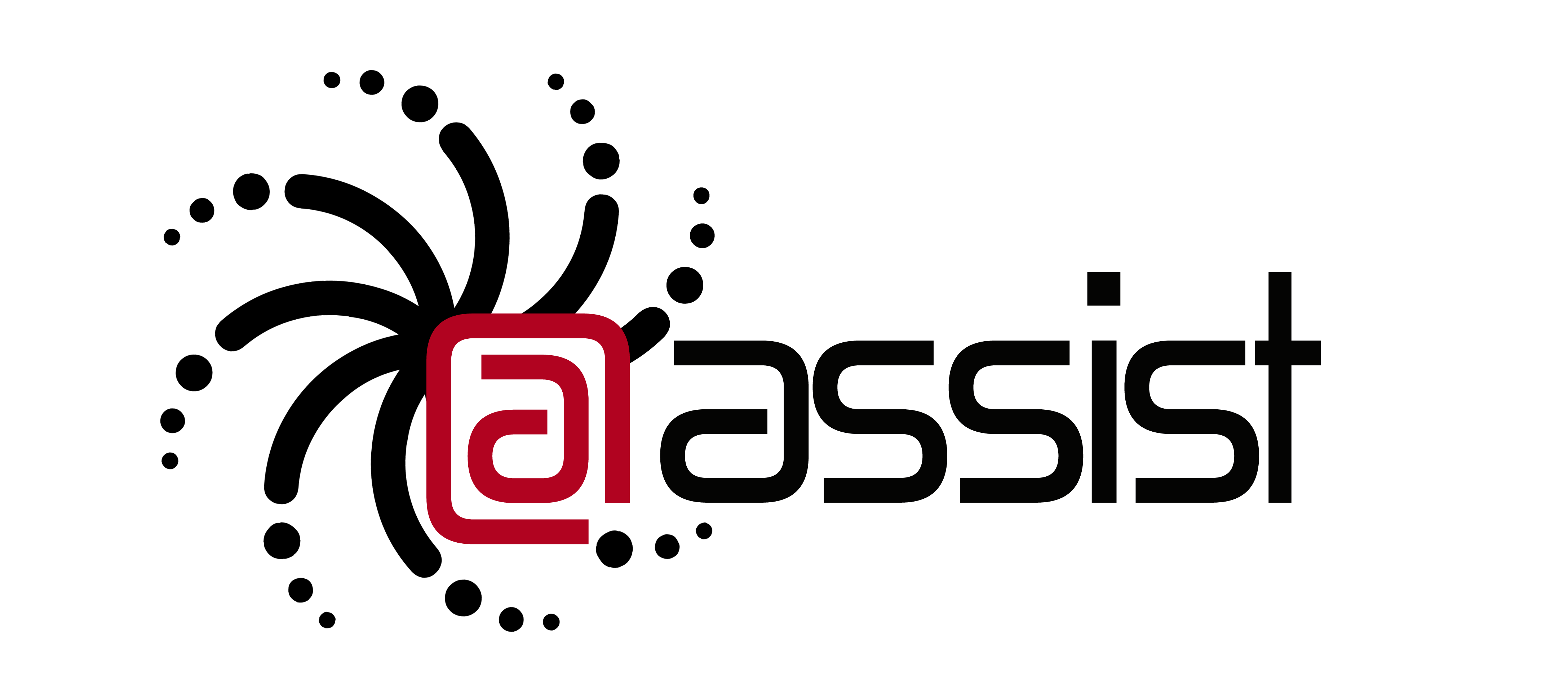Put Down the Bleach! 4 Green & Effective Ways to Clean Outdoors
Keeping a clean, healthy environment has become more important than ever for a lot of individuals. Everyone wants to do the best they can to minimize the risk that they will get sick, or that others will fall ill, and this has meant that people are looking to clean more frequently than usual. Add to that the fact that many people are still spending far more of their free time at home, meaning they’re looking to clean things they normally wouldn’t have the time or motivation to get around to cleaning.

Keeping a clean, healthy environment has become more important than ever for a lot of individuals.
Everyone wants to do the best they can to minimize the risk that they will get sick, or that others will fall ill, and this has meant that people are looking to clean more frequently than usual. Add to that the fact that many people are still spending far more of their free time at home, meaning they’re looking to clean things they normally wouldn’t have the time or motivation to get around to cleaning.
For some, getting things “clean” and “sanitized” means dousing everything in bleach.
While this may seem like a quick, effective way to clean things, especially outdoors where slimy mildew and stubborn dirt reign supreme, using bleach outside can actually have more harmful effects than positive ones.
What Are Some Dangers of Cleaning with Bleach Outdoors?

When cleaning with bleach, you’re cleaning with a hazardous chemical that can - and does - cause injuries.
Inhaling bleach can cause damage to your lungs and nasal passages, and getting bleach on your skin or in your eyes can cause severe, painful burns. Bleach is especially harmful if ingested, even fatal, and children, pets, and other animals who cannot understand the danger may accidentally ingest bleach to very negative consequences.
Additionally, bleach is a highly reactive chemical, and if it comes into contact with other household cleaners things can get dangerous. Ammonia, vinegar, window cleaner, dishwashing detergents, drain cleaner, and a variety of other substances when mixed with bleach can produce dangerous gases or otherwise become harmful.
Bleach also has very negative impacts on the general ecosystem, and using it outdoors where rain can carry bleach into the water supply or onto plants and animals can cause issues.
How to Clean Outdoors without Bleach - 4 Green & Effective Things to Use Instead
If you’re looking to start off the warmer weather by giving the exterior parts of your home a good scrubbing, but don’t want to use bleach, here are some green and effective things you can try:
Pressure Washer

Pressure washers send water through a small nozzle at a high velocity, concentrating the stream right at the dirt and grime you’re wanting to get rid of.
A pressure washer can make quick work of cleaning the dirt and debris from your vinyl siding, clearing off decks and porches, or even cleaning out gutters. Just be careful what material you’re using the pressure washer on; delicate materials such as wood can be easily damaged by the force of the water.
Vinegar
Vinegar has long been a staple of green cleaning solutions inside the home, but it also has great grime-fighting powers that are useful outdoors.
If you’re looking to get streak-free windows, rather than using traditional window cleaners which can include harmful chemicals and cleansing agents, mix up a solution of water and white vinegar in a spray bottle. Spray the entire exterior of your window, top to bottom, and wipe down with a clean, lint-free cloth.
Vinegar also can be used to give your car a streak-free shine, and when scrubbing down patio furniture, vinyl siding, and other surfaces that get dirt buildup.
Dish Soap

Remember the commercials touting that famous blue dish soap as the way animal rescuers cleaned birds off after an oil spill? It works great around your home, and it’s safe for local wildlife, too!
Mix a few drops of dish soap in a bucket of warm water to tackle cleaning those dingy window screens. Take the screens down, lay them out on the grass, and scrub with a stiff-bristled brush. Then rinse with a hose and let dry in the sun before replacing.
Dish soap is also great for cleaning off vinyl siding, patio furniture, children’s outdoor toys, and more. It cuts through dirt and grime the same way it gets food off your dishes in the sink, leaving a clean surface.
Baking Soda
Sometimes, you need a little extra scrubbing power when you’re dealing with the inside of your grill, for example, or really tough, sticky sap on your patio furniture.
That’s where baking soda comes in. It’s completely safe to use, inexpensive, and packs great scrubbing power when mixed into a paste with water.
Just make a baking soda paste and scrub the stain with a stiff-bristled brush, then rinse with water. You can even let the paste sit for a while on tougher stains, or mix baking soda with some white vinegar to create a foaming action to help lift the grime up.
Also, if you’ve got stains or spills that you need soaked up, just sprinkle them with a layer of baking soda and let it sit for a few days. Sweep up the baking soda and you’ll notice that your spill or stain has absorbed into the powder.
@Assist Business Solutions on Slack
Kiku - Boost your productivity and create a happier workplace with Kiku, the ultimate time off management solution! Embrace the simplicity of requesting, approving and tracking time off requests right within Slack. Sign up for your 14-day free trial today!
Toki - Effortlessly create tasks and projects, organize to-do lists, monitor progress and track time and enjoy seamless communication with Toki workflow management solution. Ready to supercharge your team's performance? Try Toki today!

 contact@atassist.com
contact@atassist.com 





